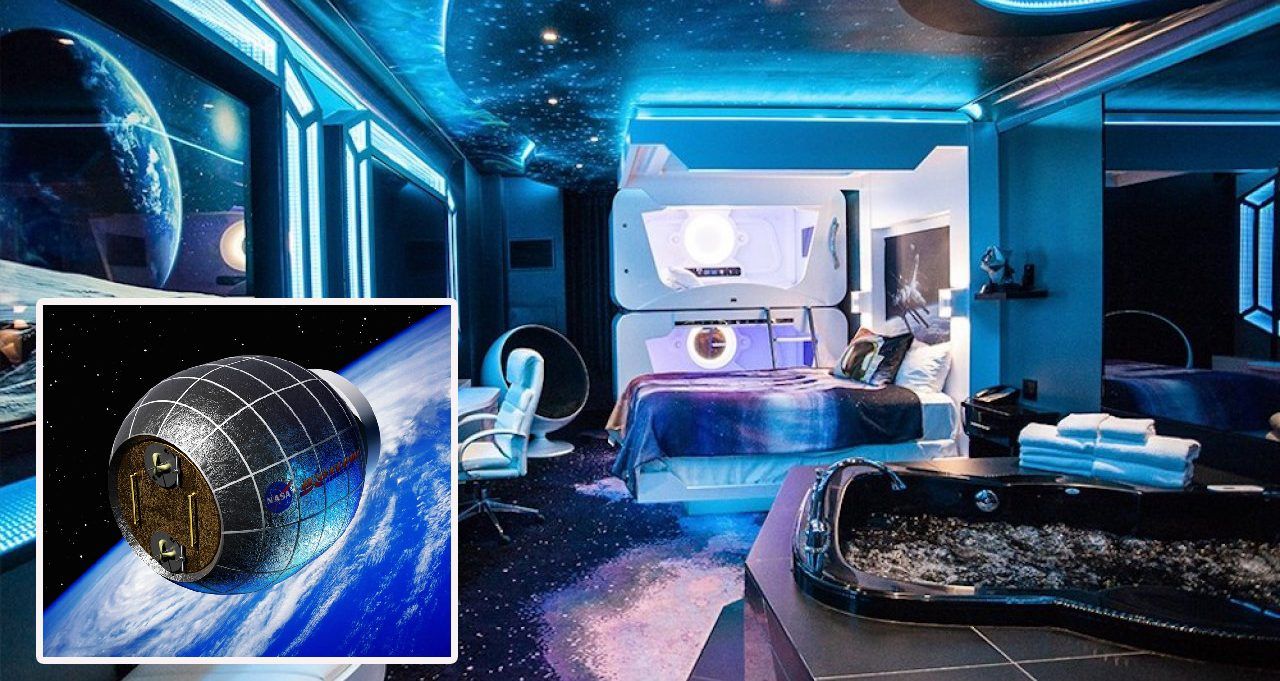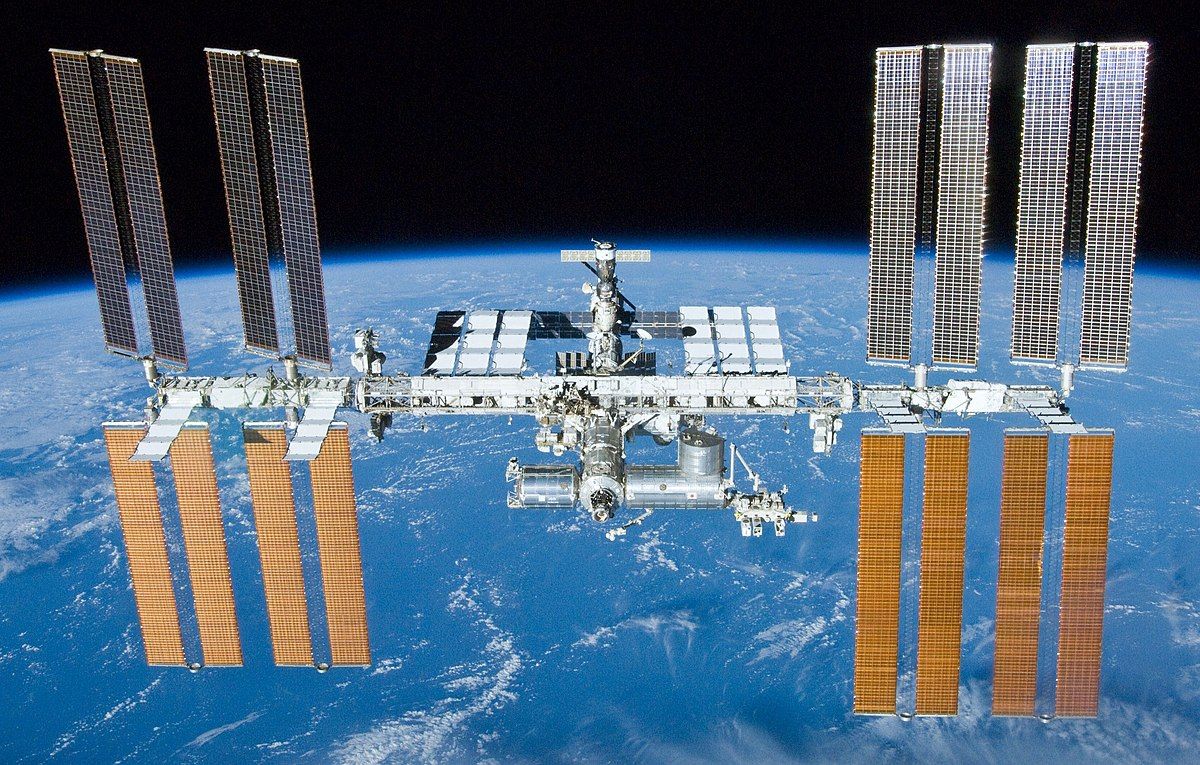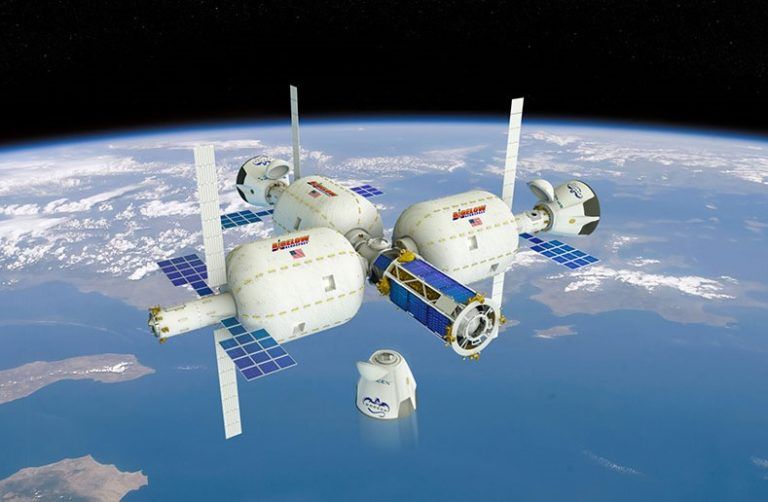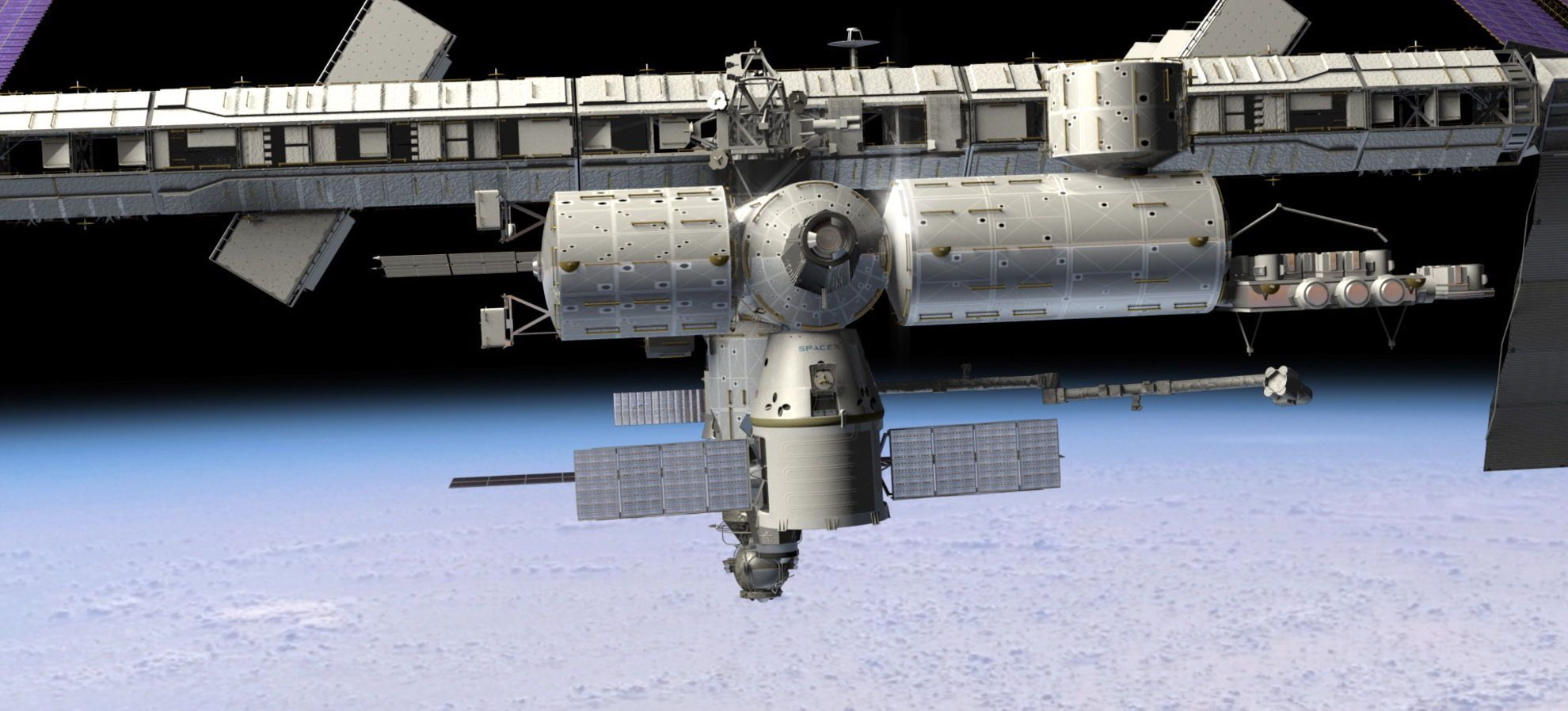Many vacationers love to find some evening spots where they can hang out and dreamily look up at all the stars in the sky. But a few adventurous entrepreneurs are hoping to make it possible to create a place where folks to hang out and dreamily look around at all the stars in the sky.
That place would be a hotel placed a few hundred miles up and floating in a low-earth orbit. And should one of them opens its bay doors to the public anytime soon, it'll cost tourists a pretty penny. Case in point is NASA's plans to offer affluent holiday types to stay on board the International Space Station starting in 2020.
The cost? How about a month of lodging at the low cost of $35,000 a night?
3 Lucky Passengers
Then there's Orion Span which plans to open a Aurora Station, a hotel positioned above the planet by 2024, which promises a 12-day stay at $9.5 million per tourist. A spacecraft capable of taking up five lucky passengers at a time would whisk them to Aurora, which promises such perks as multiple sunrises and sunsets per day and zero-gravity table tennis. The prospect has already attracted about 30 people to slap down an $80,000 deposit for the experience.
The notion of the hospitality industry expanding into space, seems arcade but has become realistic over time, believes Orion Span founder Frank Bunger. “But that’s the nature of these things," he said, "it sounds crazy until it is normal.”
2 Skyrocketing Levels
Other companies are also working on plans for an out-of-this-world resort, including aircraft manufacturer Boeing. And a few high-profile billionaires like Amazon head honcho Jeff Bezos, who owns aerospace company Blue Origin, and Tesla magnate Elon Musk, who's made waves with his own SpaceX operation, are also reported drawing up plans.
The issue isn't the technology, given that the ISS has been regularly occupied above the stratosphere since 2000. And while the costs are at skyrocketing levels, those expenses are expected to drop over time as travel and occupancy gets more efficient and additional competition gets into the act. The problem is that space is indeed a final frontier, at least from a legal standpoint.
The Outer Space treaty, signed in 1967, is already out of date with current commercial activity above the earth, while many extraterrestrial ventures aren't completely covered by international treaties meant more for pursuits on the earth's surface.
1 Spatial Vacuum
The 1967 treaty bans companies from claiming any part of that spatial vacuum around the planet for themselves and only allows any use of those areas for peaceful means. That's a tough law to interpret since those spacecraft in low earth orbit aren't at a fixed point above the earth, meaning that they'll be flying over several countries and territories in a single day. Should any craft crash back to earth into one of those countries or collide with a foreign satellite, those instances raise several ambiguous questions about liability.
“It is difficult now to want to do things in space and get a clear answer from (space law),” said Christopher Johnson, who specializes in space law for the Secure World Foundation. “For something as advanced as hotels in space there is no clear guidance.”
Players in the hotel space race still believe that legal and other obstacles will eventually be overcome, opening up a whole new outer world in travel. While detractors maintain their heads are in the clouds, savvier types more likely have their noggins focused well above them.




